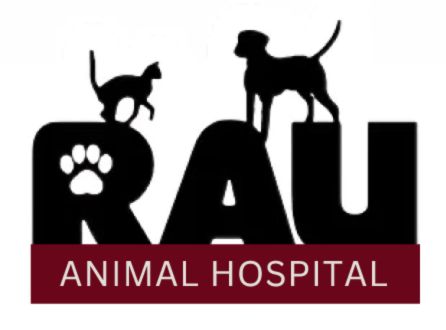Just like humans, pets can experience adverse reactions to medications, vaccines and even seemingly benign topical substances, such as shampoo or ear cleaner. Do you know what to do if your pet has one?
Know the signs.
Symptoms of a drug reaction are often wide-ranging, as they depend on both the type of medication and the individual pet. Responses may vary from mild lethargy or nausea to life-threatening anaphylaxis.
Common signs of a medication reaction include:
Redness
Swelling
Itching
Hair loss
Skin or ear infections
Hives
Lethargy
Vomiting
Diarrhea
Excessive drooling
Seizures
Difficulty breathing
Collapse
Be prepared.
If your pet experiences any of these signs following a dose of oral medication or application of a topical substance to the skin, stop the medication immediately and contact your veterinarian.
While veterinarians choose every prescription carefully, it is important to recognize that any pet could have an adverse response. While these reactions are almost always unforeseen, you can help prevent them with these tips.
Familiarize yourself with your pet’s medication and its side effects.
Prescription medications can be confusing, especially if your dog or cat is taking multiple drugs. A clear understanding of a pet’s medication — including its side effects — can help pet owners know what to expect and, more importantly, recognize when something is not right.
Speak with your veterinarian to understand when and how the drug should be used, why it was prescribed and what to do if you miss a dose or overdose.
When using a medication long-term to manage a chronic condition, it is very important to have your pet examined regularly. Depending on the drug prescribed, regular blood work or other tests may be needed to ensure the medication is working effectively. These tests may also be required before your veterinarian can provide a refill prescription for certain medications.
Always let your veterinarian know what your pet is taking.
This includes any over-the-counter (OTC) medications and supplements, such as fish oil or vitamins. Dosage and frequency should also be provided.
This information is especially important when adding a new medication into an existing regimen, as it can prevent dangerous drug interactions.
In addition, it is important to tell your veterinarian if your pet has had any adverse reactions to medication in the past.
Do not give your pet any medications without consulting your veterinarian first.
Again, this includes any OTC medications and supplements as these can interact with other drugs and cause a problem. Additionally, some OTC medications, like aspirin, are toxic to pets.
Never use one pet’s medication for another pet.
Medications are prescribed for the individual. What works well for one pet may be harmful for another.
There are also many differences between canine and feline prescription needs. In addition to dosage differences, many drugs that are safe for dogs are toxic to cats.
Always give medications as prescribed.
Be sure to follow the label directions carefully, especially if your pet is on more than one medication. Do not adjust your pet’s medication without first speaking to your veterinarian.

